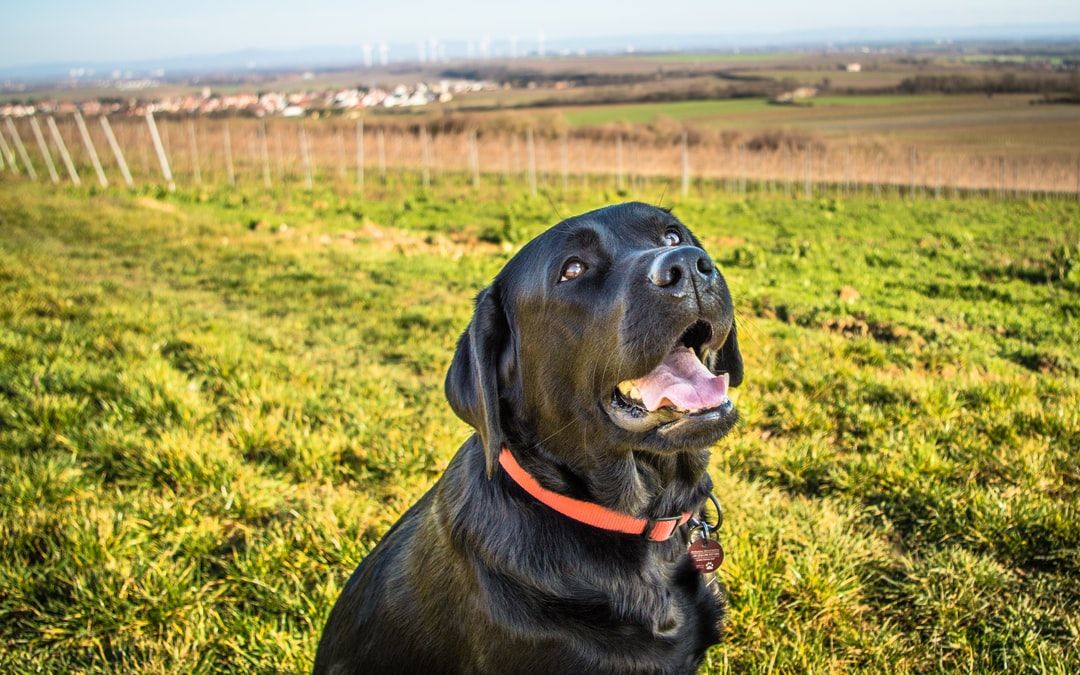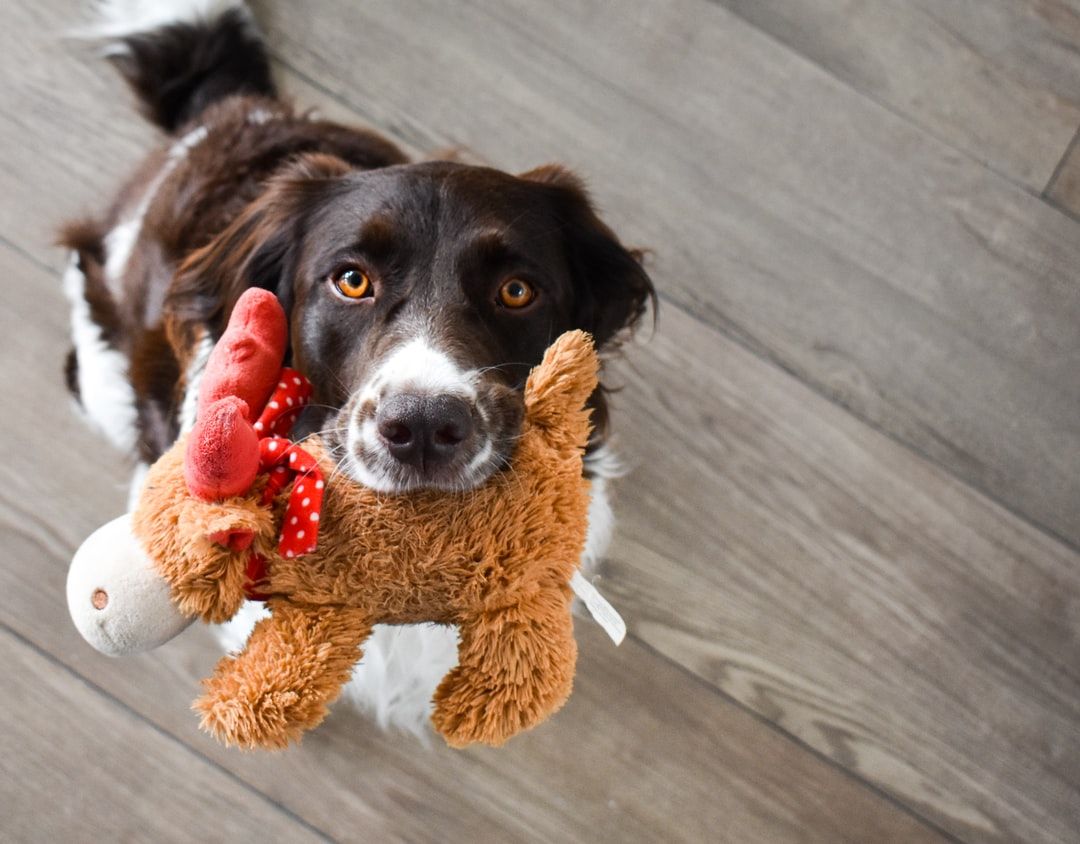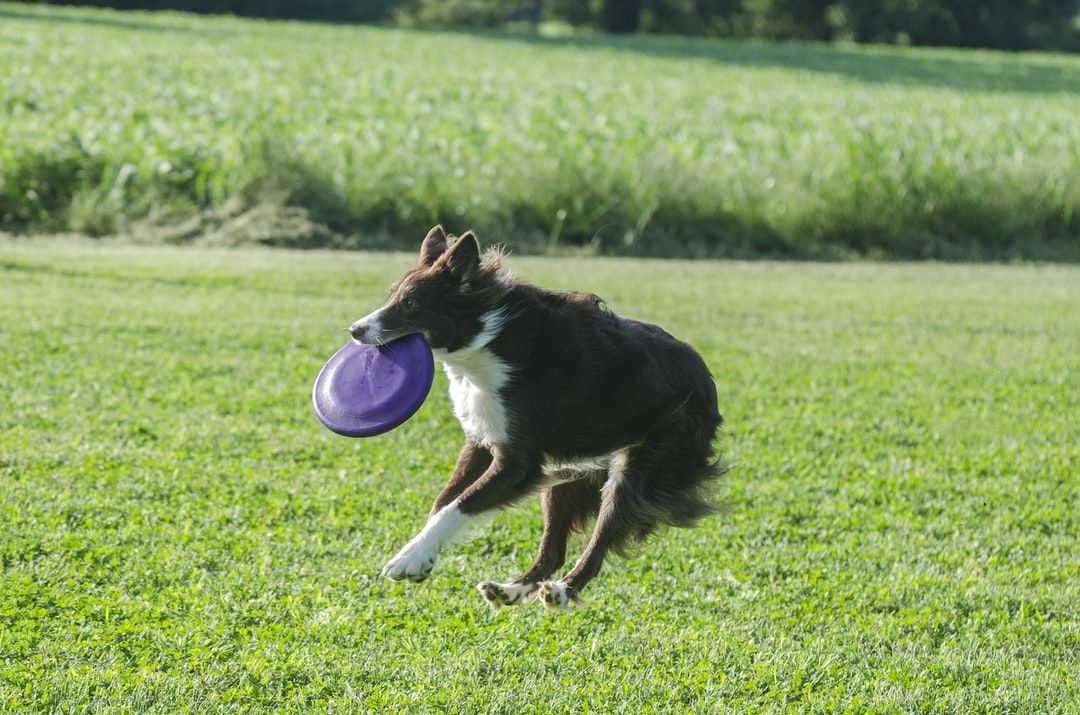Wouldn’t we all be a lot happier if we had more confidence? If you are like me, you may observe others wistfully, secretly wishing you had their level of confidence. When we don’t feel confident, we can make mistakes and then beat ourselves up, ruminating over what we wish we had done differently. Worse still, we may face criticism and discouragement from others, which only reduces our confidence even more. We may then dread being in that situation again and we become stuck in a vicious circle of anxiety.
After personally working through these feelings recently, I began to dwell on how confidence affects dogs and what role as guardians, we play in developing this ability. I have heard so many guardians express that their dog has little or no confidence but they don’t know how to help. This blog is going to explain how you can build your dog’s confidence and why doing so, is so important.
“Confidence comes not from always being right but from not fearing to be wrong.”
- Peter T Mcintyre
- Peter T Mcintyre
We all fear failure to a certain degree and this fear can knock our confidence, thereby being the very thing that causes us to fail. However, in reality there are not always unpleasant consequences (other than embarrassment) when we get something wrong and usually we have the opportunity to try again and learn from the experience. On the other hand, the consequences that occur when dogs get it wrong, can be quite different. Lead corrections, alpha rolls, citronella spray, being physically hit and other physical and verbal abuse, are all sadly common consequences of a dog getting it wrong. How does this impact their confidence? How would it impact yours? Wouldn’t you be frightened of attempting new things? Would you even try if you believed something unpleasant or painful is likely to happen?

Learning has to be fun and safe for your dog. If you inflict horrible consequences when they get it wrong, your dog will avoid trying new things and you can hardly blame them. In order to boost your dog’s confidence, you need to ensure nothing bad happens if they get it wrong and that they always feel safe and encouraged when they are learning. After all, getting things wrong is all part of the learning process and its how you and improve and grow.
“Optimism is the faith that leads to achievement. Nothing can be done without hope and achievement”.
- Helen Keller
- Helen Keller
We don’t often think about dogs being optimistic, but recent studies demonstrate that they can have a level of optimism or pessimism and our dog’s attitude can be significantly influenced by our own. How so? Well, think about what boosts your own confidence. We have mentioned that criticism can reduce our confidence, however, if we receive encouragement and reassurance we would feel more optimistic about the outcomes, thereby boosting our confidence. Our dogs are no different. If we don’t believe our dog can achieve or learn, we won’t put the effort in to teach them and will likely give up after the slightest mistakes. Whereas, if we are optimistic about what our dog can achieve, this will move us to be enthusiastic in our teaching and encourage and praise our dog, thus boosting their confidence and self-belief.

Nothing builds self - esteem and self - confidence like accomplishment.”
- Thomas Carlyle
- Thomas Carlyle
Humans are quick to attribute secondary emotions to dogs, such as guilt or shame, however, it is rarely acknowledged that dogs have a self - esteem. Confidence and self- esteem are often used interchangeably, however, they are not the same thing. Self-esteem is when we feel good about ourselves, whereas confidence is when we feel there are things we are good at. Obviously, both are intertwined, as having positive self-esteem will lead to feeling confident in our own abilities. Therefore, when we treat our dog in a way that affects their self-esteem, we influence their confidence as a result.
Consider what builds our self-esteem. For some it may be passing a test, receiving a certificate, getting a good job or achieving a qualification. Each of these all have one thing in common: recognition. When our skills and achievements are recognised our self – esteem grows and so does our confidence. Therefore, our dogs also need recognition for the things they achieve, no matter how small. When we reward and praise our dog for making good choices, we show that we recognise their positive behaviour, giving our dog a sense of accomplishment. When our dogs feel they can achieve, their self – esteem grows and they have more confidence to try and achieve new things.

With confidence, you have won before you have started.-Marcus Garvey
When we don’t feel very confident, we likely miss out on experiences and opportunities because we were too nervous to try. If our dogs go through life without any confidence, they may feel very isolated and vulnerable and will miss opportunities to meet other people and animals and explore new environments. A lack of confidence may also result in chronic stress or anxiety, which can significantly impact a dog’s physical health and emotional wellbeing.
So in order for our dog to be confident, we need to ensure that there are no negative consequences for our dogs getting it wrong and that they are safe and supported when they learn and make new choices. We also need to adjust our attitude to a positive one and have optimism regarding our dog’s abilities to achieve, so that they are also optimistic. Finally, need to build their self -esteem by recognising their achievements through rewards and praise so that they are confident in both themselves and their abilities.
Not every dog has confidence but every dog deserves help to cultivate it. And if you provide this help, the sky is the limit.
Start Your FREE Skill-Hub Trial Today
Commitment Free 3 Day Access
Canine Principles' Skill-Hub allows unlimited* access to ALL self-study courses, workshops & webinars.
*Requires Monthly Subscription. See Skill-Hub Subscription Page For Details.

